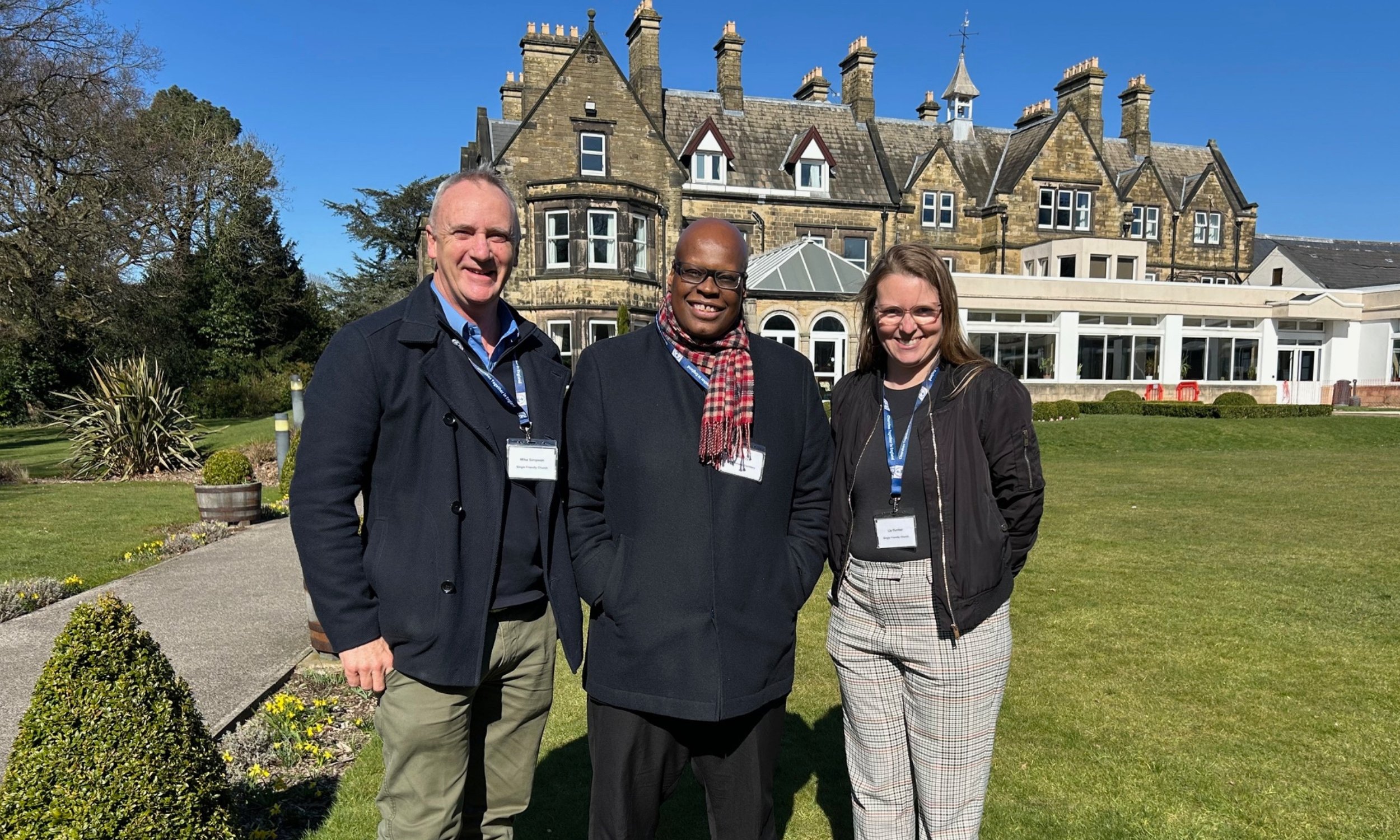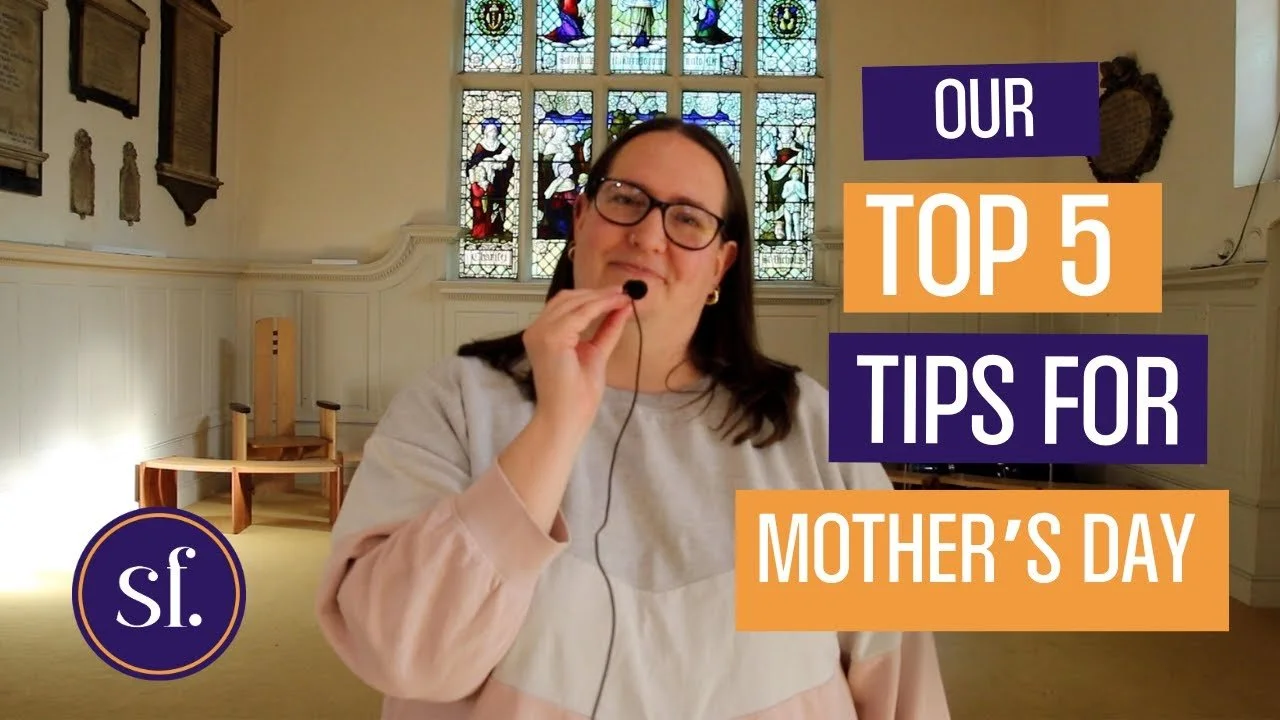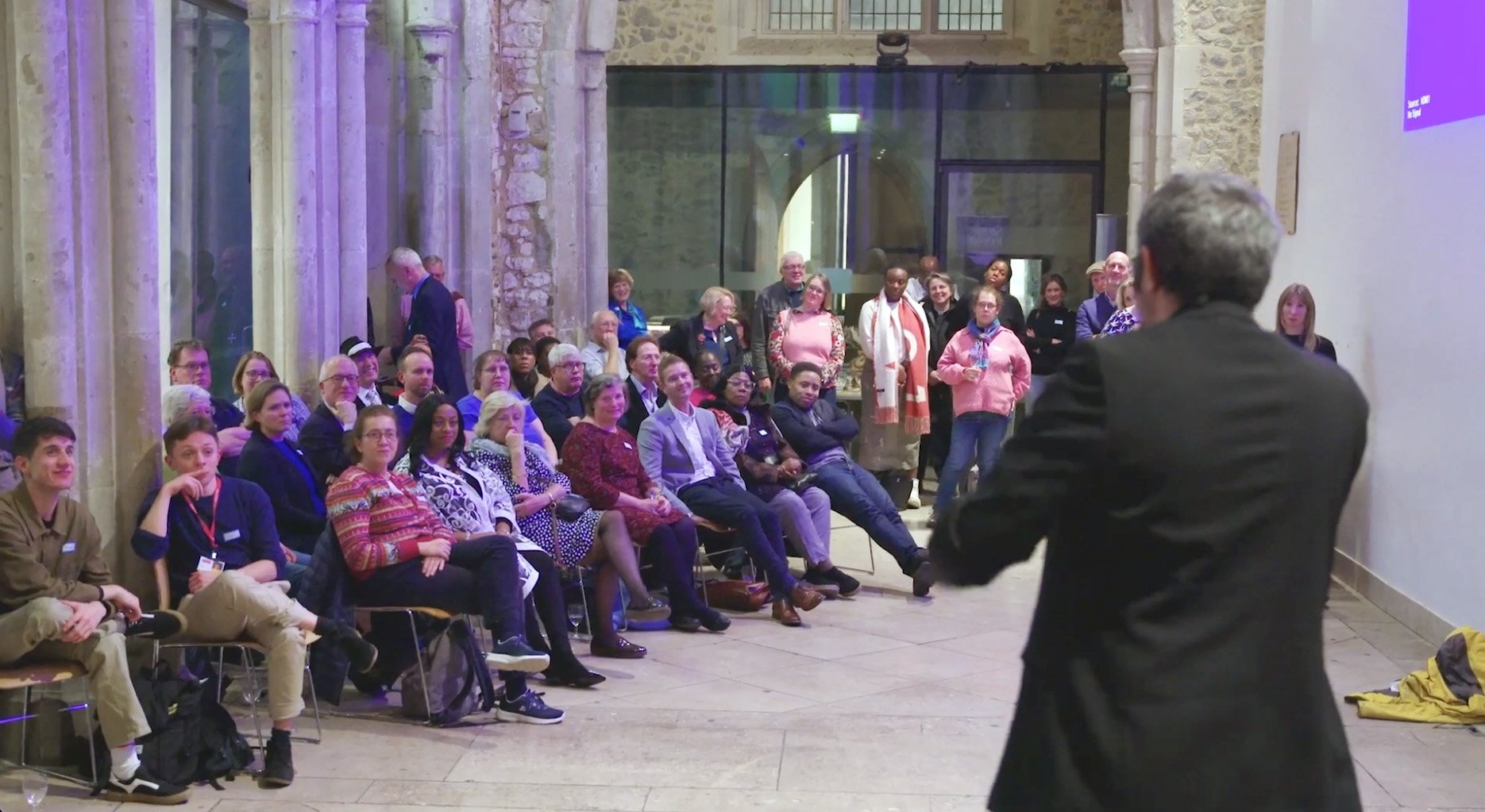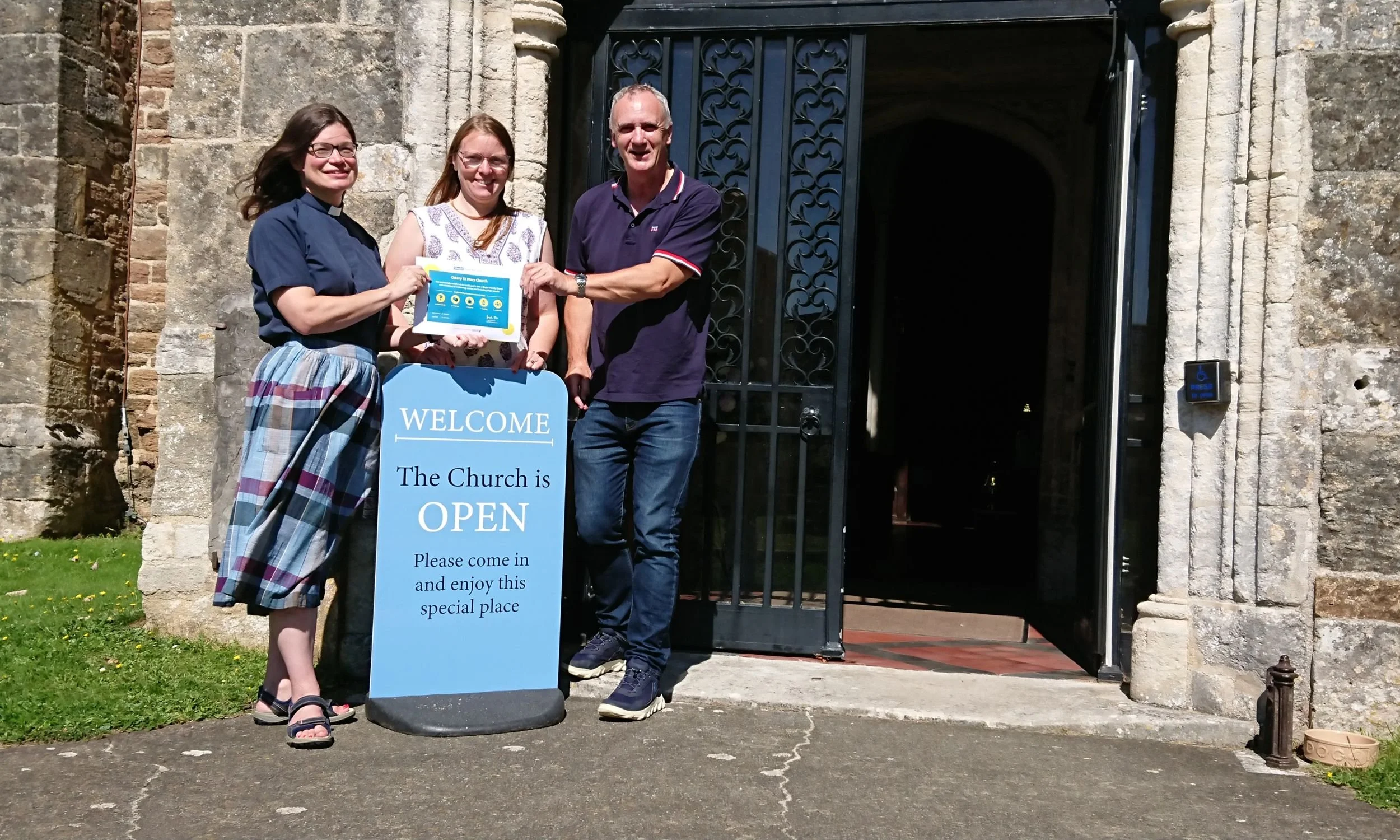Resources
We provide resources for churches, designed to help those in leadership as they seek to make their church more single friendly. We also provide resources for single Christians. Click here to access our Research Archive. You can also use the search function below to find articles.
We’re raising money to recruit 6 Regional Champions - to reach more single Christians and increase the number of Single Friendly Churches. Could you help us?
We’re delighted to welcome Bishop Mike Royal, General Secretary of Churches Together in England, as a Patron of Single Friendly Church Network.
Here are our top 5 tips on how to make Mother's Day as inclusive as possible for everyone
Mother's Day (or Mothering Sunday) can be a difficult day for lots of people. But when churches handle it sensitively, Mother's Day services can become a comforting and uplifting experience…
Christmas can be one of the hardest times of year for single people. There are lots of practical things your church can do to help…
What happens when single Christians pass away? We ran a survey to gather your thoughts and experiences on how churches can support people to plan practically and spiritually.
The number of single person households in Scotland has risen by 13%, according to the latest census results.
Want to become a Single Friendly Church? Our new-and-improved Guided Audit is the best place to start!
Over summer many churches stop their usual timetable of activities, which can leave single people feeling disconnected. How can you ensure that everyone feels connected to church community over the summer?
I’m married, how can I help my church become single friendly?
Over 3,000 single Christians shared their experiences of church in our 2012 survey, commissioned by Christian Connection. This is what they said…
40% of adults in Great Britain are single (unmarried and not cohabiting). This is higher than it used to be. Why are there so many more single people?
There are all sorts of events, groups and meet ups for single Christians across the UK, as well as organised Christian holidays.
A resource to help you connect with God, reflect and look forward to the New Year with hope…
We are excited to announce that we have become a charity, and are relaunching as 'Single Friendly Church Network'. With a fresh look…
For some single people Christmas is a social time, but for others it can be the loneliest time of the year. Here are some ideas to help you plan for a happy Christmas…
Prayer points to guide you and church in praying for single people at Christmas
We visited our newest Single Friendly Church in Ottery St Mary, Devon.
In a new report, the Church of England declares that single people should be valued just as much as couples and families…
While some single people barely register Valentine’s day, others may find it a difficult time. Here are some ideas to help shape it into a positive day for you…
It is important to have some positive teaching on singleness in your church. We share some ideas which may be helpful when writing a talk or discussion on singleness.
A list of local groups for single Christians that (as far as we know) would welcome new members. If there’s not one in your area - could you set up a group yourself?
Although many single Christians are generally happy, there are times when they report feeling lonely. Some feel lonely a lot of the time, others at particular points.
In our recent Christmas survey, 80% of single people said they find at least some aspects of Christmas difficult, while others said it can be the loneliest time of year…
How church leaders can help single people in their congregation who want to adopt or foster.
Lots of single people say that Sunday after church is the loneliest time of their week. A popular way of avoiding this is to get together for a meal or a drink after the service.
If there isn’t a local group for single Christians in your area, could you consider setting one up yourself?
Many single Christians long to express their love and nurturing through a family. The good news is that being single does not exclude you from adopting or fostering children.
Many single people struggle with money and worry about the future. We offer some advice and ask other singles for their tips for taking control of your finances































